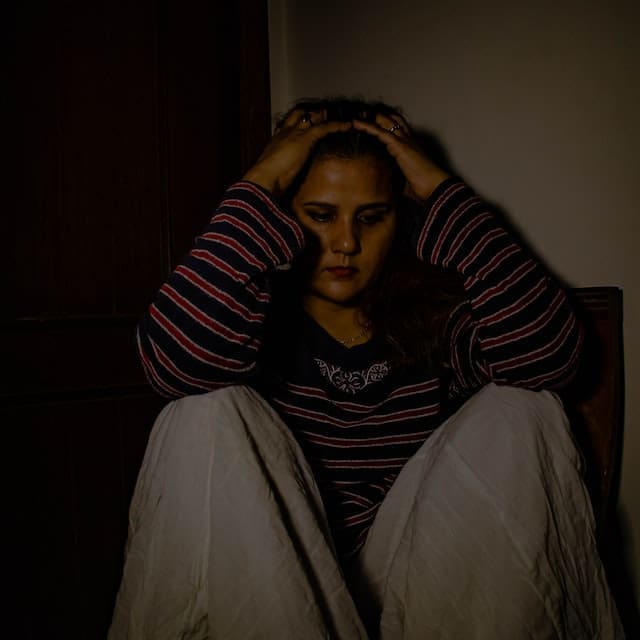If your spouse has an addiction, you might assume that you could spot it easily. After all, you’re the one who’s closest to your spouse. However, some people hide their addiction better than others, even from those who are closest to them. Many spouses ask, “What is an alcoholic?” and “Does my spouse have an addiction?”
We’ll answer these important questions and discuss the signs of addiction below.
What Is an Alcoholic?
An “alcoholic” is a person who deals with alcoholism, an illness that causes people to drink compulsively. Alcoholism is the most severe form of alcohol use disorder.
Alcohol use disorders don’t happen spontaneously. Instead, they progress through phases. These phases are:
- alcohol abuse
- tolerance (needing larger amounts to produce the same effects)
- dependence
- addiction
A person may have alcoholism if they need to drink despite negative consequences.
Signs of Alcohol and Drug Addiction
Someone with alcohol addiction might only abuse alcohol, or they may use other drugs, too. The latter scenario is known as polysubstance use. Addiction may create physical, mental, and behavioral signs in either case. If you suspect your spouse has an addiction, you can look for the following signals.
Physical Signs of Addiction
Addiction creates physical changes in the body, and some of those changes can alter a person’s appearance. Others may noticeably alter a person’s behavior. These signs may include:
- eye symptoms (bloodshot eyes, constricted pupils, dilated pupils)
- nasal symptoms (a red nose, frequent sniffling, nose bleeds)
- itching
- shaking
- weight changes
- frequent headaches
- nausea
Mental and Emotional Signs of Addiction

Addiction can severely impact a person’s mental health. If your spouse has an addiction, you might notice extreme changes in their mood or thinking. Some of those changes may include:
- clouded thinking
- changes in motivation
- anxiety
- depression
- anger
- mood swings
- dramatic changes in energy levels
Behavioral Signs of Addiction
Addiction, and the symptoms that come with it, may affect how a person behaves. If your spouse has an addiction, they may find these behaviors increasingly difficult to hide as their disorder progresses. Those behaviors can include:
- secrecy and hiding
- borrowing and/or spending large amounts of money
- keeping drug paraphernalia
- avoiding questions
- avoiding sleep or sleeping excessively
- losing interest in hobbies
- finding excuses to drink or use drugs
- neglecting hygiene and self-care
Relational Signs of Addiction
All of the above signs can impact your relationship with your spouse, but you may also notice changes that affect your relationship in a more direct way. Furthermore, these symptoms may alter your spouse’s relationships with others, such as their friends, children, and other family members. For example, you might notice any of the following:
- work-related changes (job loss, leaving work early, calling in sick more often than usual)
- new financial struggles within your marriage
- frequent arguments as a result of mood swings
- loss of friendships or replacing old friends with new ones
- inability to hold conversations
- becoming more withdrawn than usual
- putting less effort into the relationship
How to Help Your Spouse
If you think your spouse may have an addiction, you have ways to get help. You can do several things to help your spouse and yourself through this time.
First, understand what addiction is and what it isn’t. Addiction is a mental health condition; like other mental health conditions, it is treatable. Addiction is not a choice.
Next, know that your health and safety matter, too. You have every right to tend to your own wellbeing, whether or not your spouse agrees to get treatment. If your spouse mistreats you while drunk or high, you can seek resources for your own protection. You should also understand that you are not to blame for your spouse’s addiction.
When you talk to your spouse about their addiction, stay calm. Make sure your spouse is sober during this conversation, as they’ll have a better frame of mind to make decisions this way.
Before the conversation, talk to a doctor or specialist with addiction experience. Spend some time going over the treatment options in your area. When you know the options ahead of time, you can reduce confusion.
Addiction is complicated. Like many other illnesses, it requires an evidence-based addiction treatment plan. Fortunately, your spouse can recover with the right resources, and your relationship can be mended.
Featured Image by Лечение Наркомании from Pixabay




